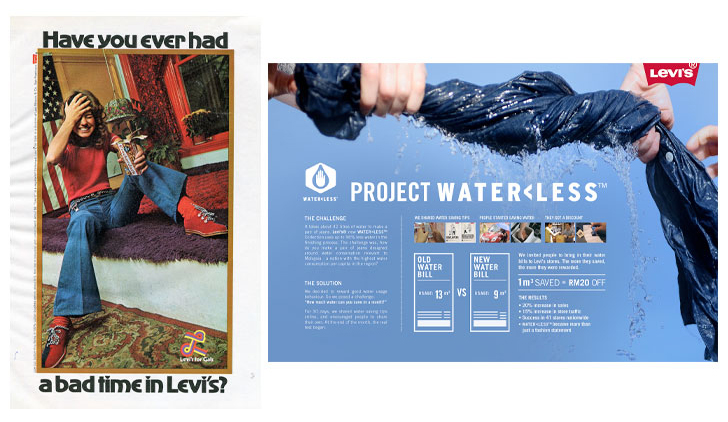Importance of Branding
The Challenge of Defining a Weed Brand: Unrolling the Complexity
Defining a cannabis brand persona may seem deceptively simple, often reduced to a stereotypical logo, a catchy slogan, or a product’s iconic appearance. However, the reality is that brand definition is a complex and multifaceted process that goes far beyond superficial elements. Good brands have well executed visuals, great brands make emotional connections, they scratch an itch the audience might not even know they have.
One of the first challenges founders are faced with when developing a brand is where to start. How to go about defining a brand? Are you quick to market or do you take the time to understand your mission? What is your culture now and where do you want it to be? What is your mission and how do you uphold it? How do you remain consistent across all communication and product skus? We get it, it can be very overwhelming.
Beyond Visual Elements
A brand is not merely a visual identity, they are a comprehensive representation of an organization. A brand universe, if you will. A robust brand identity encompasses the company’s values, culture, mission, and how it delivers its products or services. A brand is also a reflection of how customers perceive a company. It is not solely what a business says about itself but what the public believes and experiences.
Brands evolve over time, they evolve as their audience culture evolves. As a company grows, changes, or responds to market dynamics, its brand will need to adapt. This evolution makes it challenging to pin down a single, unchanging definition of a brand but a nimble branding team that understands and executes their work with this top of mind.
If Levi’s never evolved with their audience culture, they’d still be selling problematically-produced, chemical-laden dungarees that pollute waterways and deplete precious natural resources. Instead, Levi’s remained true to their company mission; They rejected racial segregation in factories, they accepted transparency about production, and they are now ahead of the curve to reduce environmental and social impacts in the apparel industry. This is the definition of brand evolution. Levi’s evolves with their audience, culture, and media by making emotional connections.

As mentioned before, great brands make emotional connections. This isn’t to say they have to make you cry, though two bars into Sarah McLachlan’s ‘In the arms of the angels’ in those SPCA ads and we’re all a mess. And donating! The heartstrings are in direct connection to the purse-strings. Brands often evoke feelings, memories, and associations, making them deeply personal. This emotional and psychological dimension makes brand definition challenging, as it is hard to quantify or standardize emotions. However, when a brand truly understands their target demographic, specific inferences can be drawn and implemented in campaigns, imbuing a greater sense of brand authenticity.
Cultural and Societal Influences
Defining a brand becomes even more complex in a globalized world, where cultures and values differ significantly. This notion is incredibly evident in the cannabis culture, given the patchwork of legalization, regulations, and poor understanding of the plant. What works for one regional cannabis market may not resonate with another, and businesses must navigate this cultural diversity in their branding. Employing a Brand management team with experience and deep, cultural understanding, helps a brand not only lead the pack, but define a path forward.
Societal expectations and values also influence brand definition. Cannabis could not be a better case study. Given that access and exposure to cannabis ranges greatly throughout the United States and world. It can be perceived differently from one zip code to another, but across demographics, a lot of inferences can be drawn, especially when it comes to women who make 85 to 90% of most buying decisions in a household. As society evolves, so do expectations of businesses, especially concerning social responsibility, sustainability, and ethical conduct. Adapting to these evolving norms poses challenges in brand definition.
Defining a brand is a complex and multifaceted endeavor, it gets more complicated when you’re working in an emerging industry, like cannabis which is rooted in a millennia-old subculture. Branding in weed and adjacent categories like adaptogenic mushrooms and psychedelics, goes beyond logos and slogans, delving into the core identity of a business’ culture, its emotional tether to customers, and its adaptability in a constantly changing world of plant medicine. The multi-dimensional nature of cannabis brands, their emotional and psychological elements, and the challenges of maintaining consistency all contribute to the difficulty of brand definition.
In an era where businesses must be agile and responsive to a wide range of cultural and societal influences, cannabis brand definition is a dynamic process. It is shaped not only by what a company says about itself but also by how it is perceived by its audience. Therefore, the definition of a brand is a blend of internal and external factors, making it a continuously evolving concept.
There are so many facets that go into creating a great brand, especially in the cannabis industry. Our best advice? Don’t go it alone. Trust the experts.


